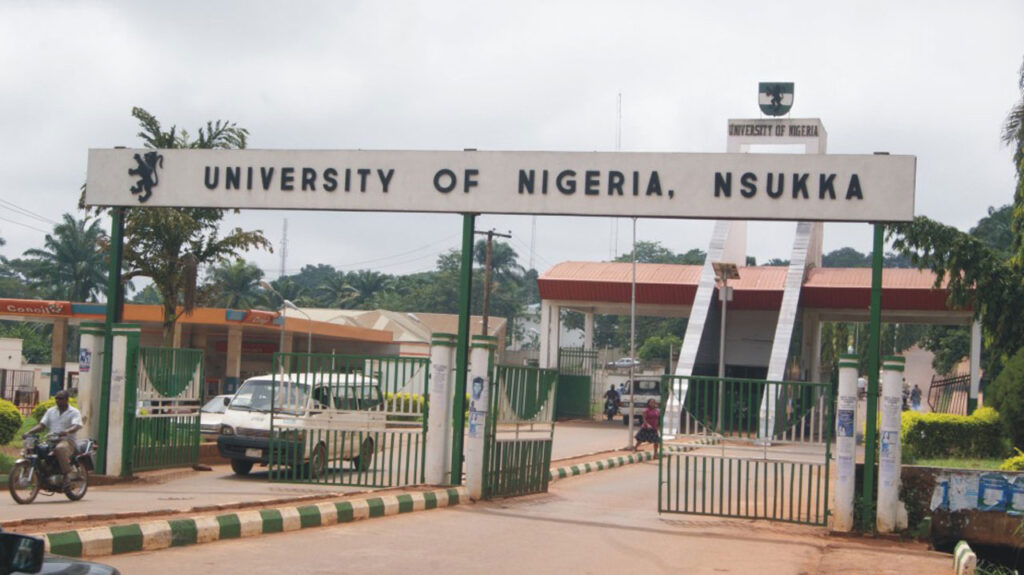
The Delta State University (DELSU), Abraka; University of Delta (UNIDEL), Agbor; Delta State University of Science and Technology, Ozoro and Dennis Osadebey University, Anwai have pegged their fees around N250,000 for Medicine, Engineering and Law, while other students were to pay about N180,000 per session for new students.
In DELSU, where the fees were around N70,000 before now, the increase attracted protests from students and the zonal chapter of the National Association of Nigerian Students (NANS), which called for a reversal to the old fees.
But the commissioner said the new fees were imperative in view of the prevailing economic climate in the country, much as he said it was not the government, but the universities’ managements, that fixed the fees.
In a chat with The Guardian in Asaba, he also decried the participation of Delsu chapter of the Academic Staff Union of Universities (ASUU) in the ongoing strike, just for solidarity sake, saying the issues being raised by the national ASUU did not affect the state’s four universities, as the lecturers were being paid their earned academic allowances since the agreement was approved and signed between the Federal Government and the union years ago.
He also condemned ASUU’s stance against what they called ‘proliferation of state universities,’ noting: “This is Delta State; we decide on our own to run the number of universities we feel we can run because education is our major industry in the state.”
In response to NANS’ threat over the new fees, Muoboghare said the relatively peaceful atmosphere in Delsu is due to regular discussions between the management and “matriculated students” on issues, adding: “The university’s management is dealing with the matter, talking to them. It is part of that discussion that led the management to decide that students can pay in instalments.
On the fear that the present or incoming administration might find it difficult to fund and sustain the new institutions, Muoboghare stressed that such doubts are unfounded, wondering what would make a new government not continue with a good thing.













